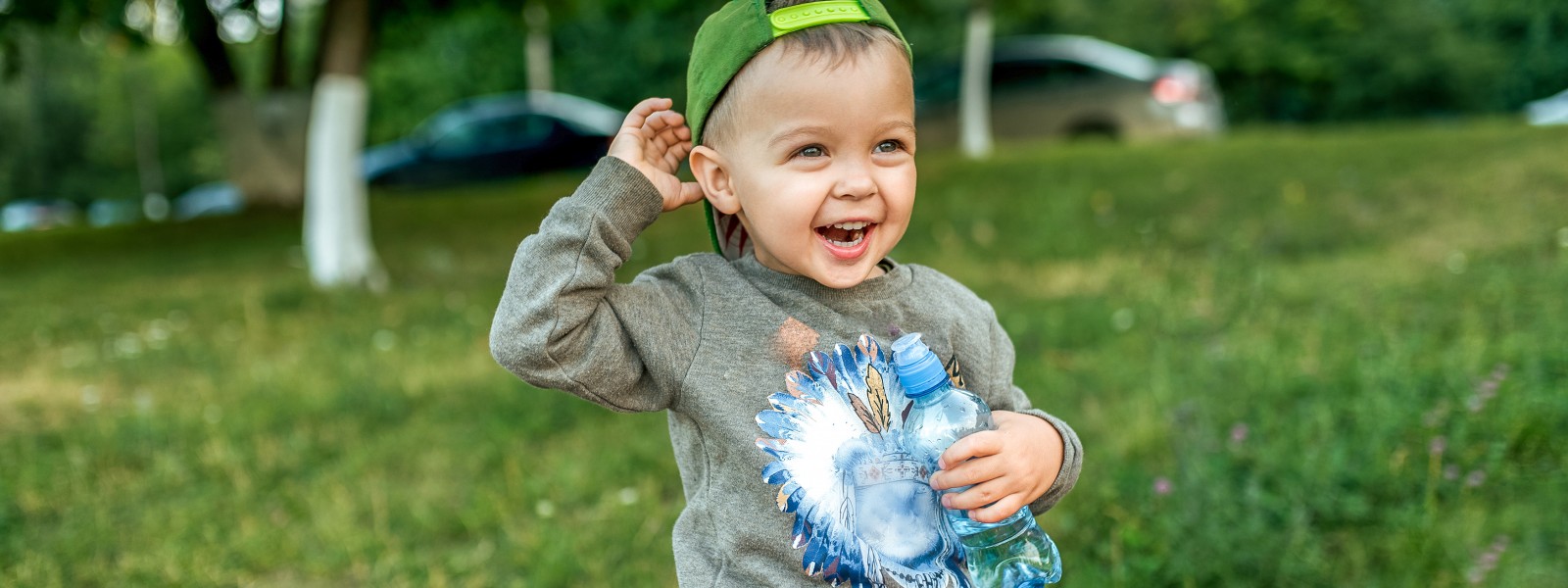Balanced Everyday Digital Life
It is essential for brain development that a child gets to practice movement – walk on uneven surfaces, climb, fall off a jungle gym – and to exercise their need to move.
I hold in high regard that both in daycare and in their free time – children are given a chance to move, learn control, and develop their minds.
All future intelligence that is needed academically, for example, in math – or with languages, is based on sensory-motor intelligence developed – in the years before children start school.
In this video, professor and neuroscientist Minna Huotilainen talks about what makes up a balanced daily digital life and why children need predictable daily routines.
Movement also affects children’s ability to produce high-quality sleep. During sleep, the brain processes what was heard, seen – and learned that day. It also aims to form memory patterns that help – continue learning the next day.
Exercise has a key connection to sleep quality. A child’s sleep quality increases – as they spend more time outside using their body to move. With media, we don’t always have a chance to actively use our bodies.
It’s very important that we build a predictable routine for the child. Then, the child knows what will happen and is in the right physiological state – for all events. When it’s time to play, the child is excited and focused enough. When it’s time to go to sleep, the child is physiologically calm – and it’s a good time to sleep in the child’s view as well.
Media has properties that excite a child physically. It can be good – when playtime is coming up, but it’s tricky when the goal is – to get ready for bed. For example, media use in the evening can be very problematic because – the child gets physiologically excited and prepares for activities – but then it’s time for bed. It’s a contradiction for the child – and it’s hard for them to resolve it.
A lifestyle of moving outdoors and exercising in general – maintaining a daily routine, having a regular bedtime – eating well, paying attention to food, and enjoying it is, of course – very important for a child’s brain.


